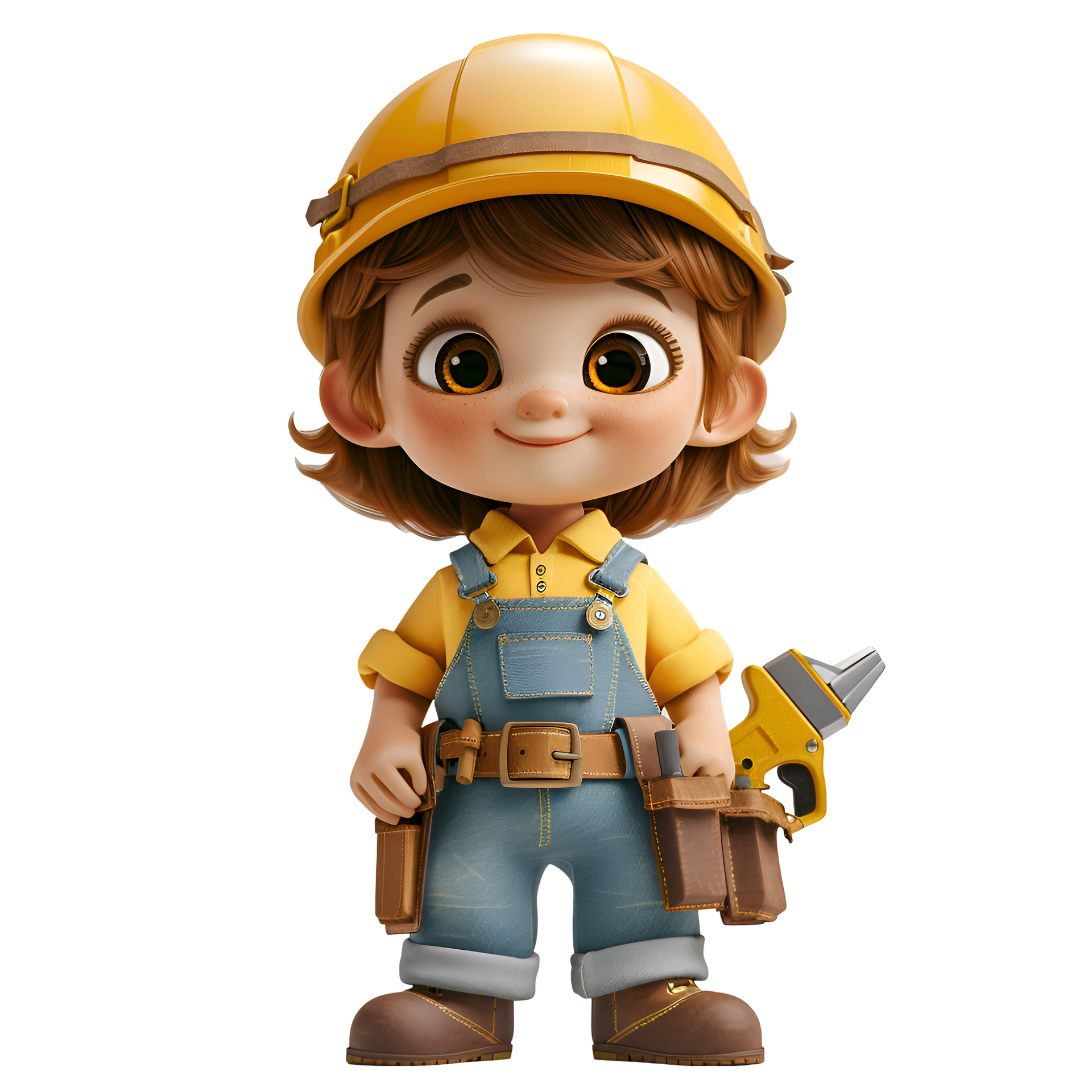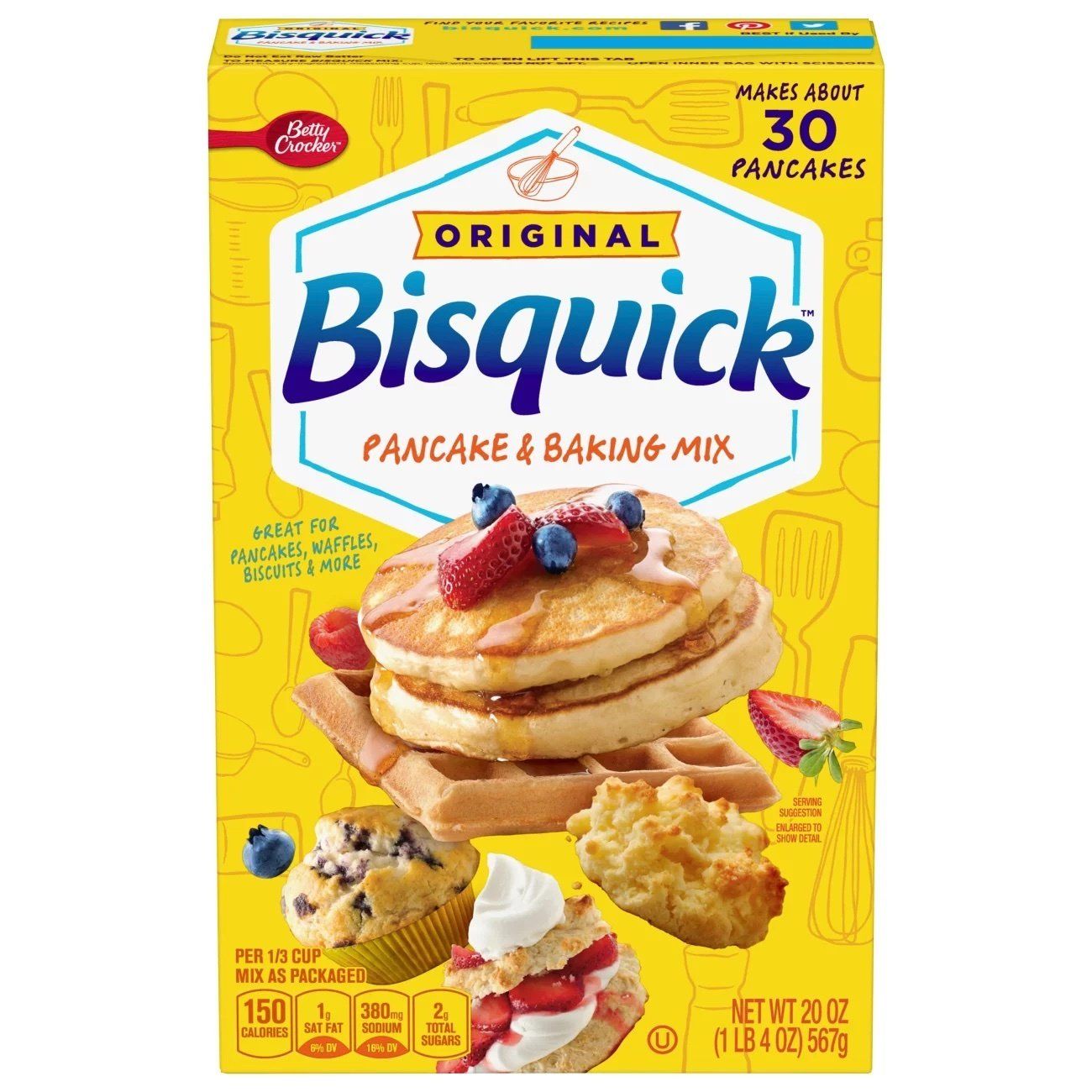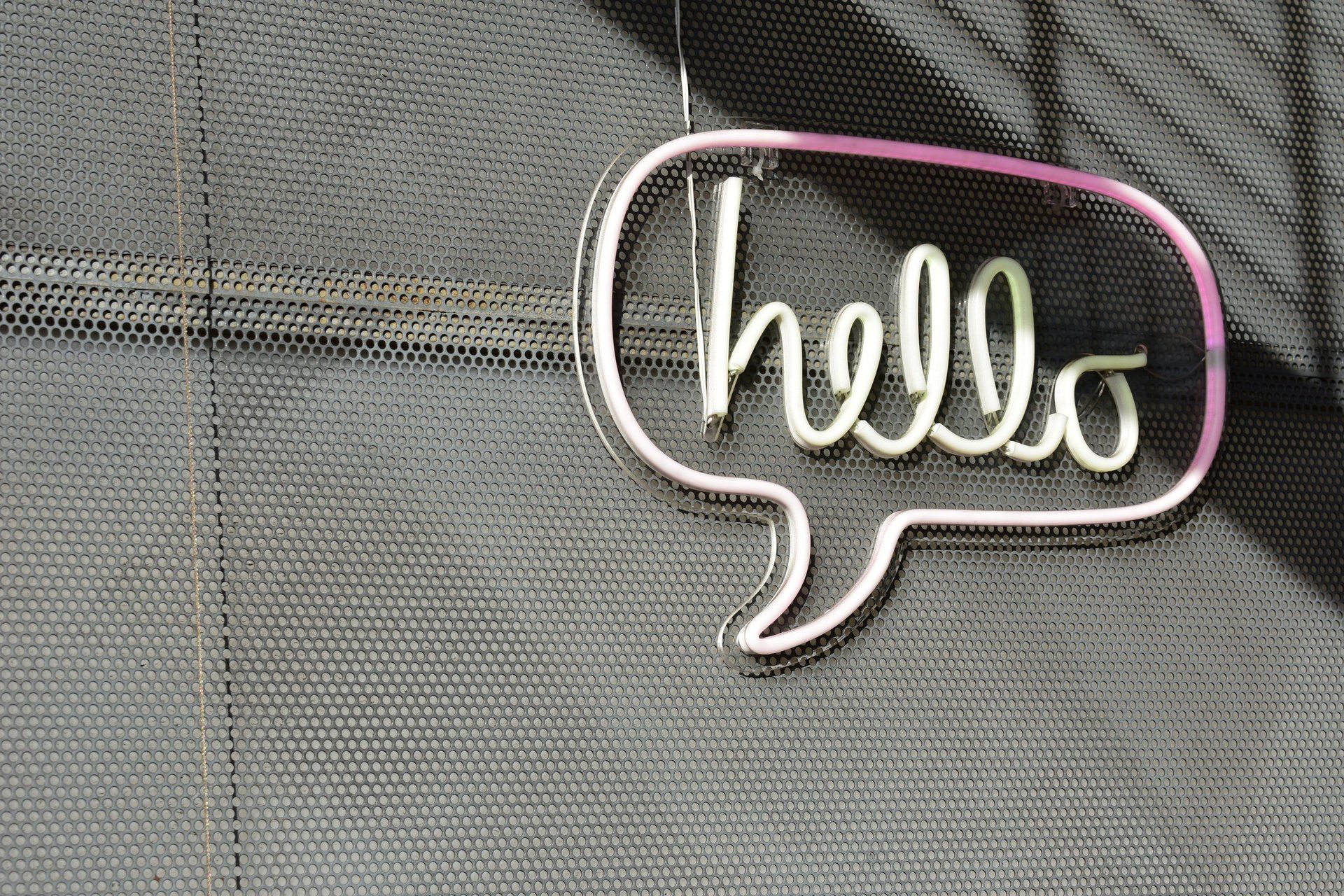Pronouns Matter
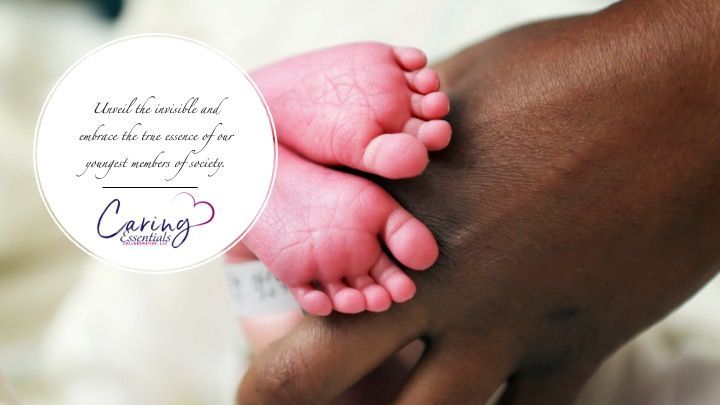
Pronouns matter because they are a fundamental aspect of language and communication. Pronouns reflect not just grammatical structure but also social and cultural values.
Their significance goes much deeper than mere linguistic convenience. They hold the power to affirm identity and foster inclusivity. Pronouns validate our sense of self while creating a sense of belonging and acceptance.
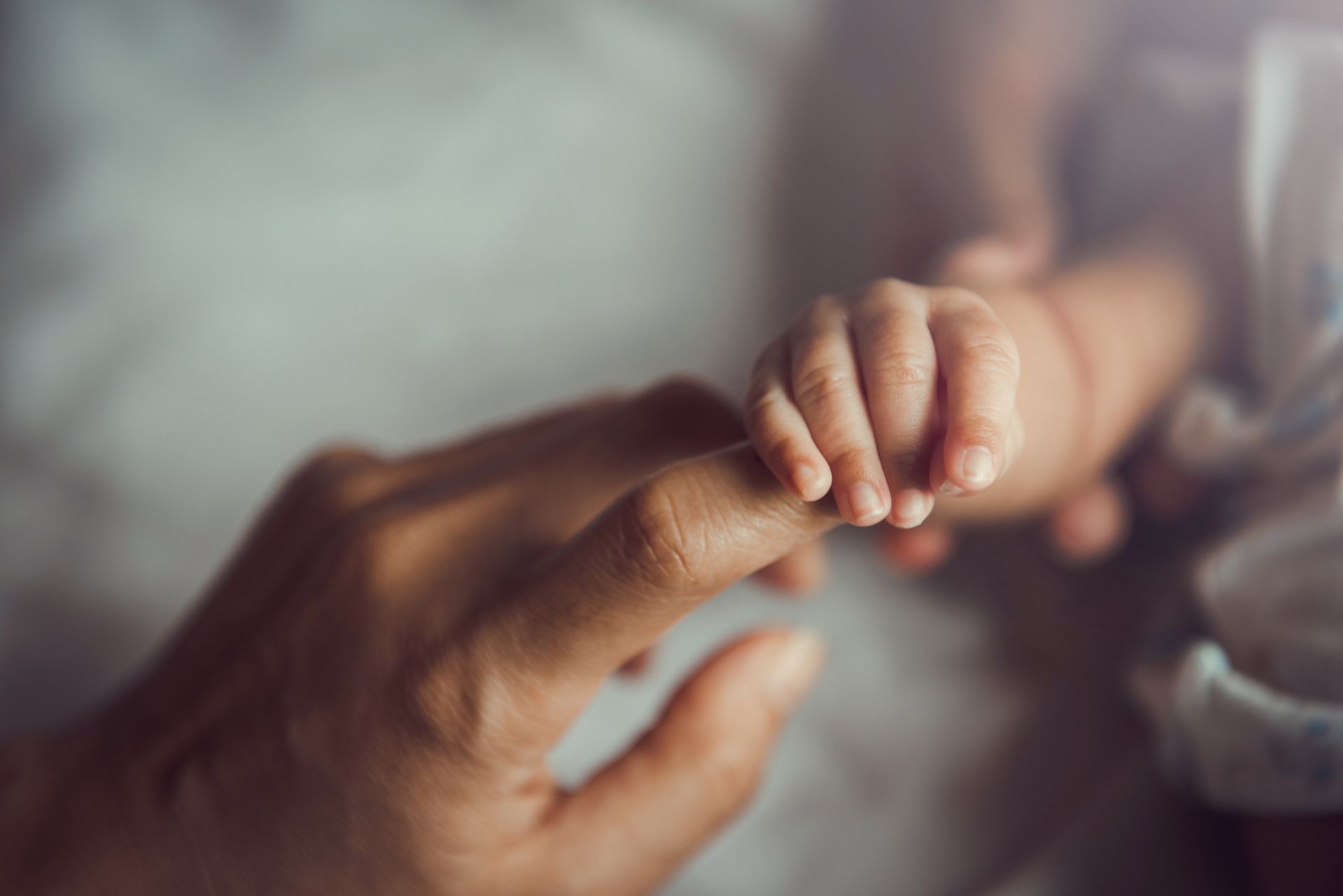
Let me begin by painting a picture for you. Imagine a newborn baby, innocent and pure, just entering this world entirely dependent on us, their caregivers, for their survival, nourishment, and emotional well-being.
You would think that such vulnerability would elicit our greatest care and empathy. And yet, one of the first questions we ask is "What Is It?", as if this brand new human being were some"thing" that one pulls out of a grab bag.
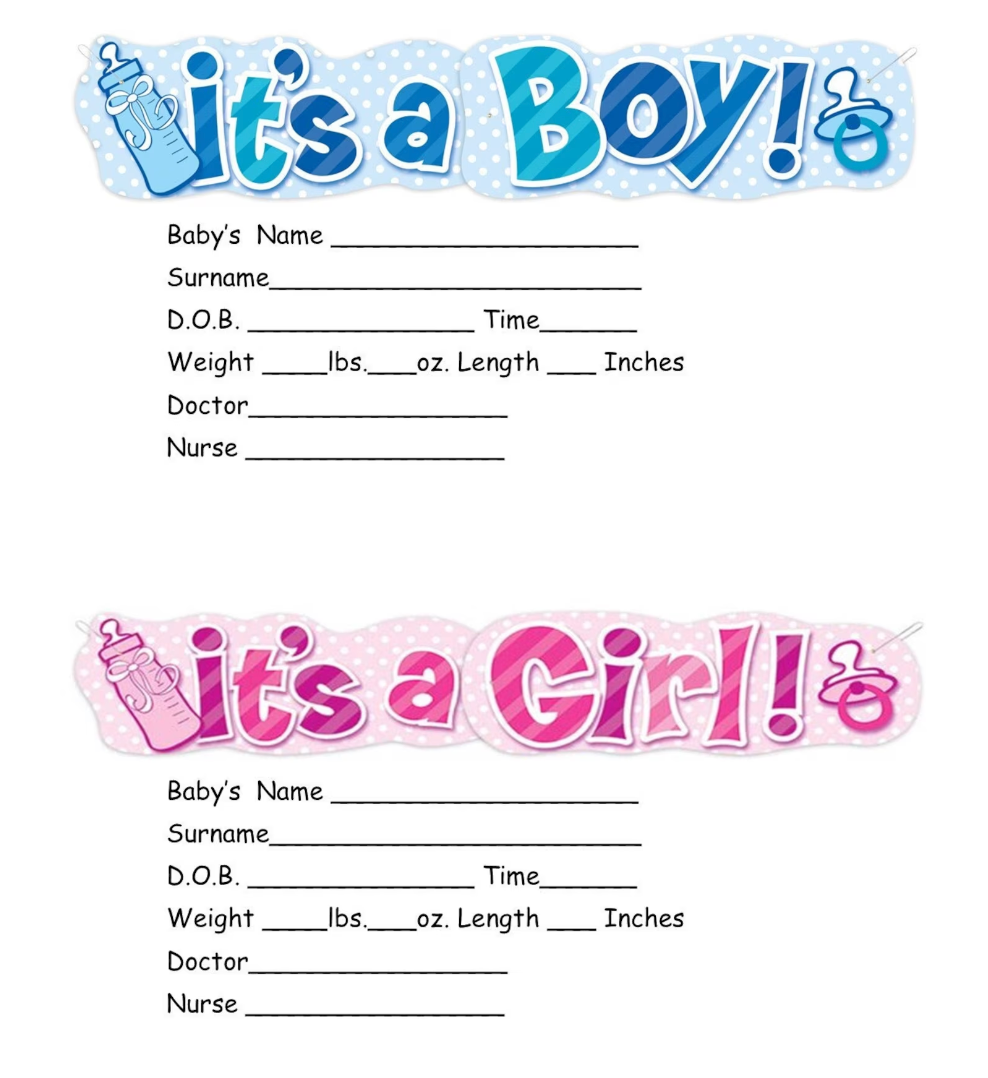
And to add insult to injury we include, in the announcement of their birth, their weight and length as objectified measures of their value.
Now, don't get me wrong, anthropometric information is entirely relevant for monitoring growth and development as well as calculating medications, but, in our society, the size of the baby is a highly prized metric when reporting on the 'product of conception' that oftentimes obfuscates their humanness and personhood.
(Imagine if you were being introduced to a new group of people and the announcement of your presence included your weight and height as if these aspects of your being had any relevance for the group)
There are so many aspects of birthing and the newborn experience that are highly medicalized and incredibly dehumanizing - no wonder our society struggles with kindness, connection and compassion when from the very beginning we receive mixed messages about our inherent value as a human being. Referring to a baby as 'it' can be unintentionally harmful. This is because 'it' is typically reserved for objects, animals, or entities whose gender is irrelevant. Applying 'it' to a human, particularly a child, strips away their agency, autonomy, and, most importantly, their humanity.

Babies are highly perceptive and responsive beings. Their brains are rapidly developing, and they are constantly learning from their environment and interactions with other human beings. When they hear and feel themselves referred to as 'it,' a subtle but powerful message about how they're perceived is communicated. This message informs and influences their sense of self-worth and how they navigate their own identity in the world.
By treating babies and children as individuals with feelings and needs, we can provide the emotional support and care necessary for their healthy development. Using pronouns that acknowledge their humanity is a first step towards creating a culture of respect for all individuals, regardless of age. This holds true for babies as much as it does for adults.
By using 'he,' 'she,' or other gender-appropriate pronouns, we affirm an individual's identity as a fellow human being from an early age.
Building a more compassionate future starts with embracing empathy. Empathy is the key to understanding and addressing the very real and human needs of babies. It involves listening to their cues, responding to their cries, and providing comfort and security in all settings (including and maybe more emphatically when they are separated from their parents).
By nurturing empathy in ourselves and in others, we can create a society that values the dignity and humanity of all its members, regardless of their age or size.

Pronouns are a small but crucial aspect of communication. They reflect our values, our respect for others, and our commitment to inclusivity. When it comes to babies, using pronouns that recognizes them as fellow human beings is especially important as it lays the foundation for a healthy sense of self. So let's be mindful of our language, ensuring that we affirm and empower every individual, from the very beginning of their journey.
I leave you with a challenge: the next time you encounter a crying baby or interact with an infant, pause for a moment. Look into their eyes and see the potential, the vulnerability, and the humanity that lies within. . t's through these small acts of empathy that we can begin to rehumanize babies and, in doing so, reshape our world for the better.
Thank you so much for taking the time to read me today!
Take care and care well,
Mary
P.S.: Are you ready to nurture empathy and compassion for self and others to make a profound impact in your career, your life, and the world?
Welcome to the Trauma Informed Professional Certificate Program, your gateway to becoming a beacon of hope and healing for yourself and those you serve!
Trauma affects millions of lives every day, including babies, families and YOU. Learn why understanding and addressing trauma is essential for every professional.
With years of experience in trauma informed education, our program is curated by industry leaders who understand the unique challenges professionals face.
Our alumni have gone on to create meaningful change in their communities, making a tangible difference in the lives of trauma survivors in the NICU and beyond.
Join a global network of professionals working to create a trauma informed world for babies and families in crisis, one moment at a time.
Your journey toward becoming a trauma informed professional starts HERE.
Don't miss this opportunity to gain the knowledge, skills, and certification needed to transform lives and make the world more kind, connected and compassionate!
Share if you Care...
You may also enjoy...
